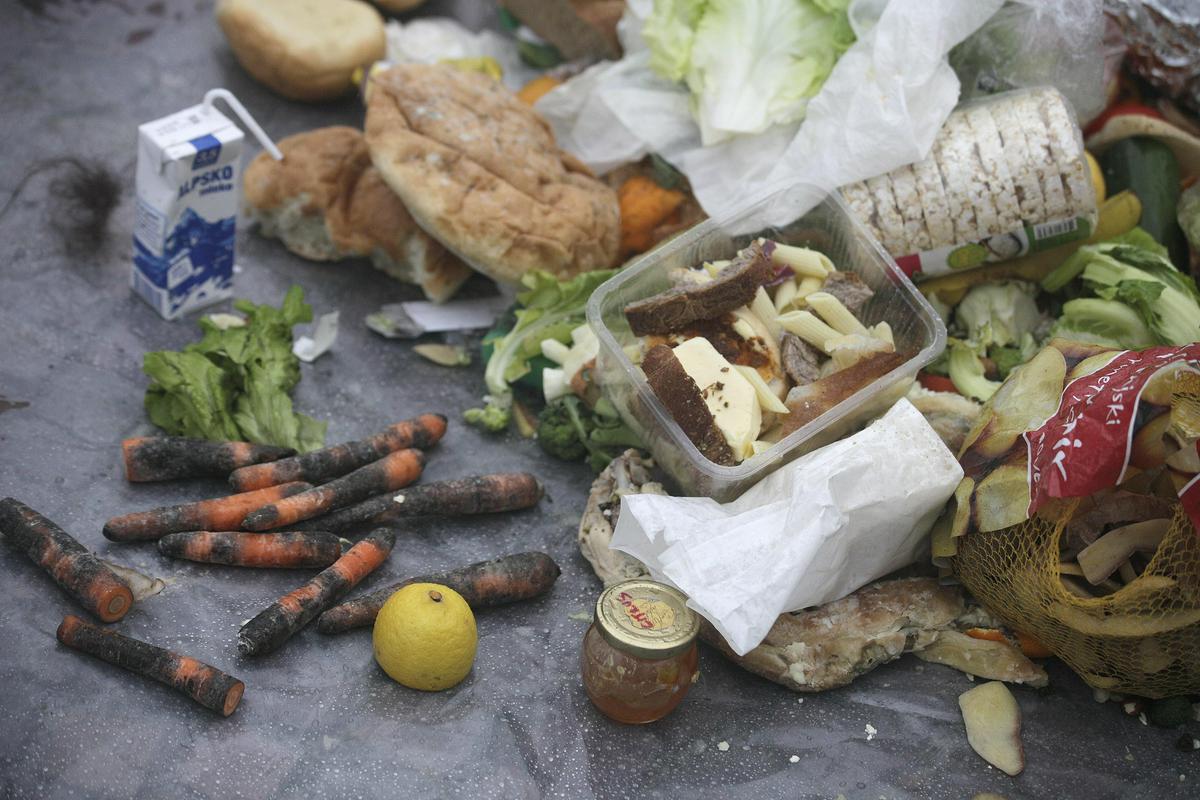The ecology always starts with an individual. Every single person needs to awaken from the apathy, and become active either in their actions, or by raising awareness of the others, Urša Zgojznik, President of the Ecologists Without Borders Association, warns in her interview with MMC. "People don't plan their food purchases well. They don't prepare a list beforehand, and while shopping they get confused and lured by the offer," she explained the modern shopping habits of customers with low level of awareness, who come out of the stores with loaded shopping carts. She emphasizes the aspect of health, as people don't consider it enough. In her opinion, a modern consumer has turned into a "shopping zombie".
"Only shopping malls are being constructed, which is unbelievable – as if there was not enough of stores. Only on rare occasions a new gym is built, a new cultural centre etc. - there is simply no money left, which should speak for itself," she continued.
"The attitude towards food in Slovenian household is mostly careless, a lot of people pay no special attention to discarded food. We have also noticed great respect of the 'best before' date - many people discard all the items past the expiration date. Mostly bread and baking products are discarded, next is fruit and vegetables, which shows the enormous change in our attitude towards bread. In cooperation with bakeries we established that the production of bread and bakery products exceeds the sale by one fifth; the hyperproduction is the result of the market demand. As consumers we became very sensitive - everything must be fresh and crispy, or it remains on the shelves and is not consumed," she cautions.
What about the saying of our grandparents that food should not be wasted? Zgojznik answers: "I believe the old saying is still alive in those families in which older people still remember the shortage of food after WW2. The older people are also more aware of the effort production of food demands; in old times it was much more difficult than today. Today's attitude to food becomes obvious if we lift a lid of a container for biological waste, or even for household waste, as some people don't even separate waste. The contents of waste containers reflect today's attitude towards food; you can find even whole loaves of bread there, still in original packaging. I am shocked, every time."
"Everything is easily available, and always at disposal, and the process of making food became forgotten. So it is no wonder children believe potatoes grow on trees, and ripe tomatoes are dug out from soil…" she continues.


































































